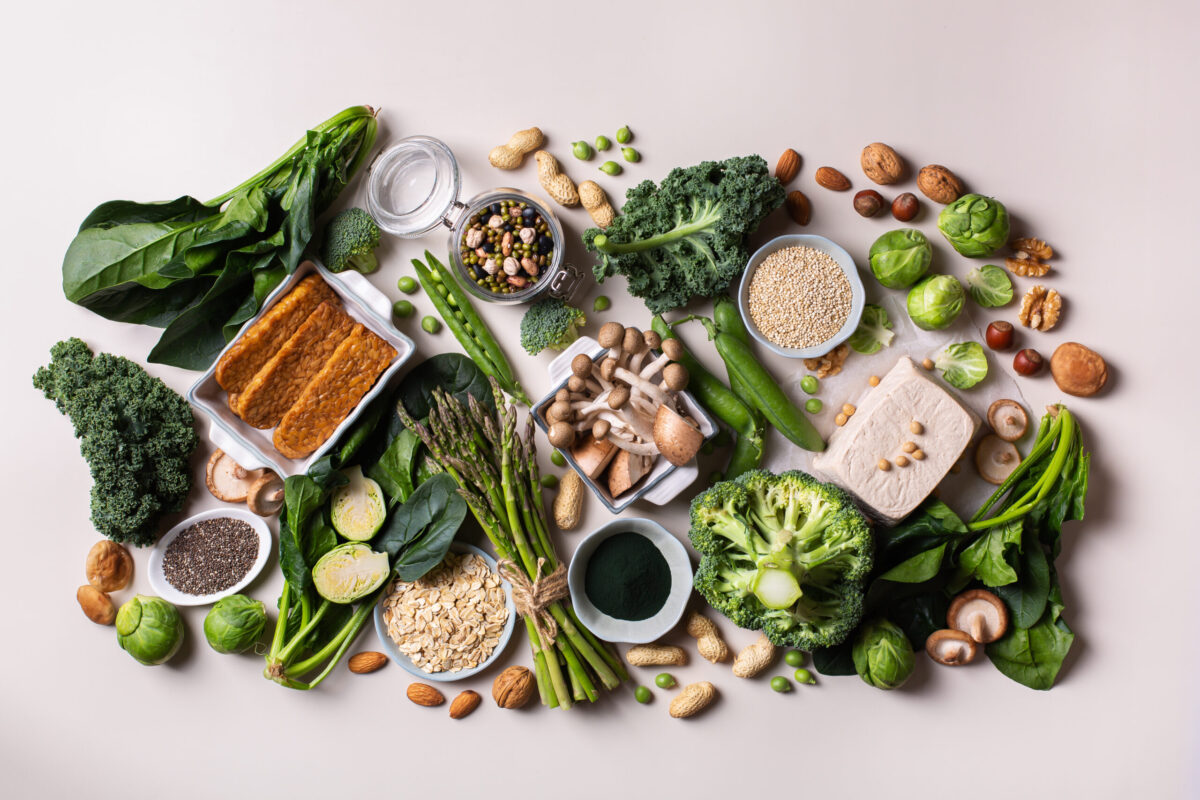Истакнути
- Преузми линк
- X
- Имејл адреса
- Друге апликације
How Quickly Can You Reduce Cholesterol If You Switch to a Plant-Based Diet?
Reduce cholesterol quickly, plant-based diet cholesterol, cholesterol reduction timeline, plant-based diet benefits, lowering LDL cholesterol, heart-healthy diet, soluble fiber foods, plant sterols and stanols

High cholesterol levels are a significant health concern for many, often leading to heart disease and other serious conditions. While medications can help manage cholesterol, dietary changes can also make a substantial impact. One popular approach is switching to a plant-based diet. But how quickly can you expect to see results? Let’s explore the timeline and benefits of reducing cholesterol through a plant-based diet.
1. Immediate Benefits
As soon as you switch to a plant-based diet, your body starts to experience positive changes. Within the first few days, you may notice improved digestion and increased energy levels. These immediate benefits stem from the high fiber content and the absence of unhealthy fats found in plant-based foods.
2. The First Few Weeks
In the first two to three weeks, your cholesterol levels can begin to drop. Studies have shown that people who adopt a plant-based diet can see a reduction in LDL (bad) cholesterol by up to 15-30% within a few weeks. This rapid improvement is due to the elimination of saturated fats found in animal products and the introduction of heart-healthy foods like fruits, vegetables, whole grains, and legumes.
3. One to Three Months
Over the span of one to three months, the benefits of a plant-based diet become even more apparent. Consistently consuming foods rich in soluble fiber, such as oats, beans, and flaxseeds, helps to further lower LDL cholesterol levels. Additionally, plant sterols and stanols, naturally found in many fruits, vegetables, nuts, and seeds, can enhance cholesterol reduction.
4. Six Months and Beyond
After six months, many individuals experience a significant improvement in their overall lipid profile. Along with lower LDL cholesterol, levels of HDL (good) cholesterol may also improve. Long-term adherence to a plant-based diet not only supports heart health but also contributes to weight loss, improved blood pressure, and a lower risk of chronic diseases.
5. Factors That Influence Results
Several factors can influence how quickly and effectively a plant-based diet reduces cholesterol:
- Consistency: Adhering strictly to the diet without occasional lapses into high-cholesterol foods.
- Individual Metabolism: Metabolic rates vary, so some people may see faster results than others.
- Pre-existing Health Conditions: Those with more severe cholesterol issues may require more time to see significant changes.
Conclusion
Switching to a plant-based diet can lead to noticeable reductions in cholesterol levels within just a few weeks. For sustained and significant improvements, consistency and dedication to the diet are key. While individual results may vary, the overall health benefits of a plant-based diet make it a worthwhile choice for anyone looking to improve their cholesterol and overall well-being.
Call to Action
Have you experienced cholesterol reduction on a plant-based diet? Share your journey in the comments below! If you found this article helpful, don’t forget to share it with friends and family who might benefit from this information.
- Преузми линк
- X
- Имејл адреса
- Друге апликације
Популарни постови
7 Health Benefits of Papaya: A Nutritional Powerhouse
- Преузми линк
- X
- Имејл адреса
- Друге апликације
Unlocking the Secrets to a Healthy Heart: Tips for Improving Heart Health
- Преузми линк
- X
- Имејл адреса
- Друге апликације
Коментари
Постави коментар